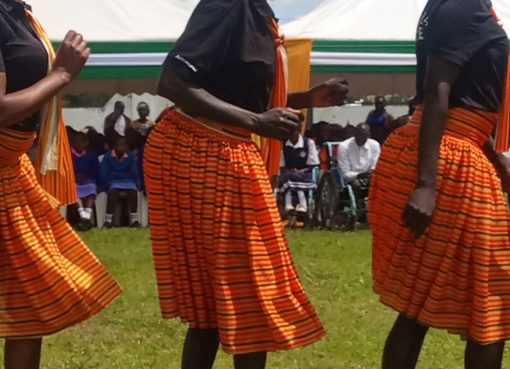Banana farmers in Trans Nzoia want the devolved unit to source for a market for their produce.
Kenya National federation of farmers Trans Nzoia branch chairman William Kimosong during an interview with KNA Monday at his Kaplamai home said that bananas were ready but the market is currently very poor.
Kimosong said that the county government encouraged farmers to take up banana farming and sold subsidized seed but the market is shaky.
“We are selling the bananas through hawking at throw away prices. We want the county government to look for market for our produce,” he said.
Kimosong who has 800 stems said his bananas were ready but he has nowhere to sell the produce which is discouraging many farmers.
“Currently, I have like 200 stems that have ready bananas but brokers want to buy from my farmers Sh200 which is too low,” he lamented.
When he took over power in Trans Nzoia County, Governor Patrick Simiyu Khaemba encouraged farmers to diversify and move away from maize farming which according to the county boss was ‘making residents poor’.
Khaemba thought that by encouraging farmers to plant other crops like bananas, the farmers would have a broad base of returns from agriculture.
He rolled out the tissue culture banana farming with a hope of putting more coins in the pocket of farmers.
According to the governor, over reliance on maize had left residents poor following fluctuating prices.
At least 45,000 tissue culture stems were distributed to farmers across the county at subsidized prices. To Khaemba, alternative farming initiatives was the surest way of bailing residents out of poverty.
The county government partnered with Jomo Kenyatta University to provide seed to farmers which according to the county boss was among the diversification initiatives.
Khaemba targeted farmers with small parcels of land which he thought would earn more when they shifted to banana farming.
Kenya Federation of farmers however complains that the shift has not helped them much as marketing was still preventing them from getting value for their produce.
By Pauline Ikanda




